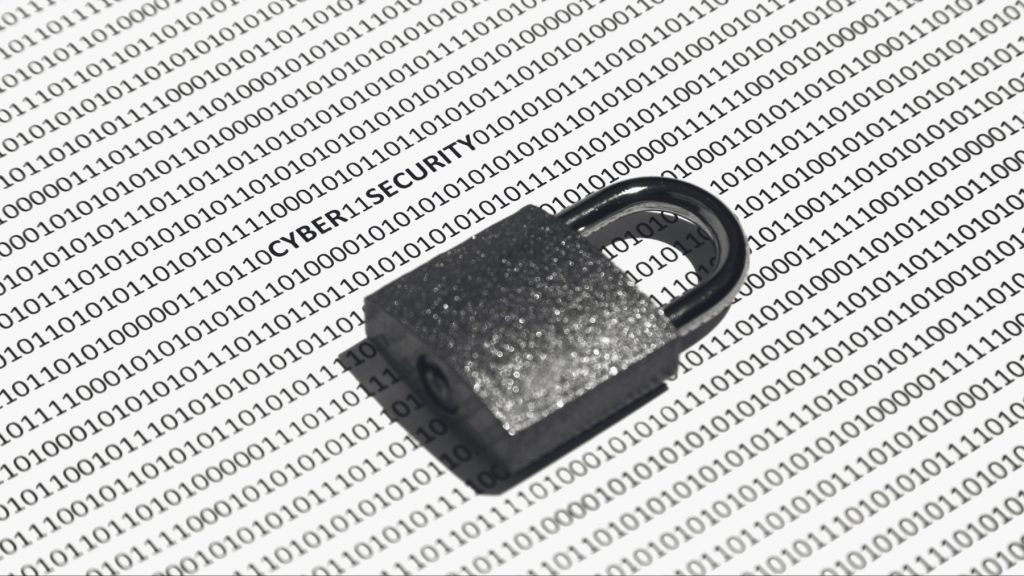
On Tuesday, NBC News reported that various telecom network security issues in the US, with private data falling into the hands of foreign rivals, including a Chinese hacking group, Salt Typhoon.
FBI and the Cybersecurity and Infrastructure Security Agency (CISA) officials addressed the latest telecom network security threats, vocalizing an urgent need to implement stronger cybersecurity measures to protect sensitive communications’ infrastructure.
Telecom Core Network Security Issue
In October, The Wall Street Journal reported an attack related to Chinese hacking group Salt Typhoon, affecting AT&T, Verizon, T-Mobile, as well as Lumen Technologies. The attack included politicians and government figures’ hacking numbers, with the two most prominent name being former and current President elect. Donald Trump and Kamala Harris.
Months after the attack, the security of telecom network infrastructures in US was still fragile and exposed to by malicious actors.
A claim from an unidentified FBI official stated the hackers accessed information including call records showing phone numbers called and the times of the call, also, actual live phone calls of certain targets.
The executive assistant director for cybersecurity at CISA, Jeff Greene, told NBC reporters that the hack was so strong, the network security failed to predict the right time for a “full eviction” of malicious actions, highlighting the weak telecom network security architecture.
“Even if the adversary is able to intercept the data, if it is encrypted, it will make it impossible” Greene said.
Services like Signal and WhatsApp offer end-to-end coded messaging that can mask communications outside of the users involved in the call or text.
US Telecoms Network Security Solutions
According to governmental voices, telecom network security cases such as this one stand to the necessity of law enforcement oversight on encrypted applications, especially that the FBI has previously voiced their stance against tech companies’ protectiveness over the technology.
The FBI says it does not object to encryption, but its conditions are extreme. According to its website, the agency does not want to see encryption weakened in a way that would permit bad actors to bypass it.
The Federal Bureau wants tech companies handling encrypted data to decrypt it and hand it over to law enforcement when legally required. Tech companies, however, refused, asserting how this compromises the security of the whole encryption system.
In 2015, the FBI clashed with Big Tech giant, Apple, over access to an encrypted iPhone involved in a San Bernardino shooting. Apple refused to bypass the encryption, due to privacy concerns.
The FBI eventually found a way to unlock the phone without Apple’s help.
Final Thoughts
No doubt the telecom network security policy should be taken more seriously. Yet, there is another point of view that you should be looking at, which is the way the US-China tensions are shaping the balance of tech industries among different countries.
For countries with advanced tech sectors, this issue touches everything from cybersecurity regulations to global trade, as firms balance the risk of losing consumer trust against potential legal consequences.
This standoff significantly affects market implications, as companies are caught between maintaining user privacy and complying with government demands for data access.
Inside Telecom provides you with an extensive list of content covering all aspects of the tech industry. Keep an eye on our Tech sections to stay informed and up-to-date with our daily articles.